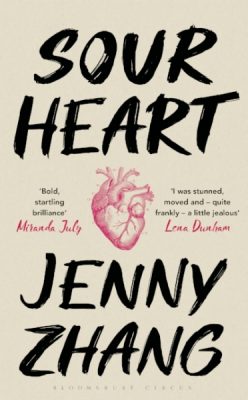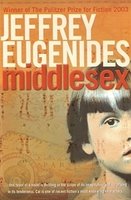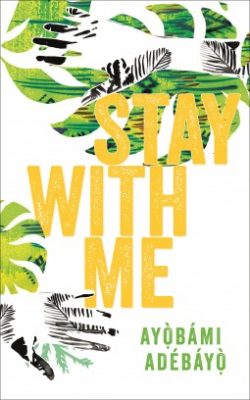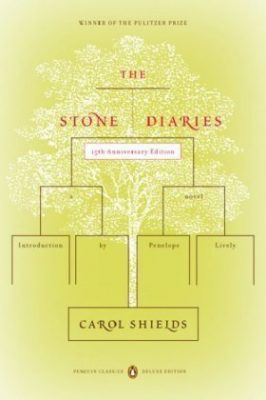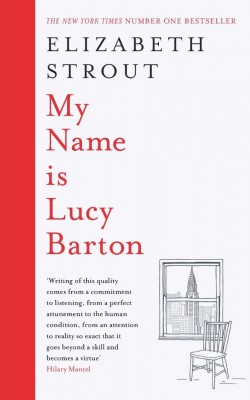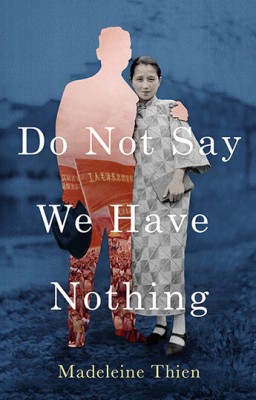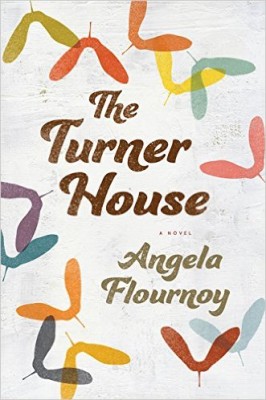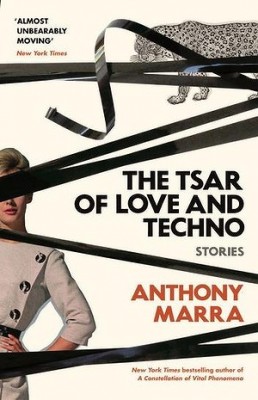Born into shame and illegitimacy during World War II and raised by an adoptive mother who took every opportunity to crush her spirit, the heroine of this novel, Molly Bolt, knows what she wants from an early age: to never marry, to get an education, to make movies, and to sleep with women. Rubyfruit Jungle follows her journey from bigoted poverty in rural Pennsylvania and Florida, through numerous setbacks, to her eventual graduation from university in New York.
Continue reading Rubyfruit Jungle
A destitute daughter and parents bound together by genuine love, despite the father’s infidelity; a grandmother marked by the trauma of Communist China, snatching moments of freedom for her soul but unable to relate with honesty to her family; a girl born into a repeating cycle of emotional abuse, who is destined to repeat it; an increasingly horrific example of the over-sexualisation of pre-teens…all of them first-generation Chinese immigrants. Sour Heart is Jenny Zhang’s new collection of short fiction, and the first book to be published by Lena Dunham’s new Random House imprint, Lenny Books.
Continue reading Sour Heart
In suburban Detroit, a young person has been raised as a girl as far as puberty, when gradually she (as she identifies at the time) and her family begin to realise that that might not be what she is at all. As Calliope (“Cal”) begins to develop more masculine characteristics, she also begins to learn that she will have to create her own place in society as neither male nor female.
…is what I thought I’d be getting with this book. Continue reading Middlesex
In 1980s Nigeria, a young married woman, Yejide, tries and fails to become pregnant. It’s a time of political upheaval: over the course of the novel, several coups take place. It’s also a time during which modern (Western) medical practice enjoys an ongoing conflict with traditional remedies, as well as pseudo- or quasi-Christian practices in Southern Nigeria, where the novel takes place. The protagonist’s mother-in-law sends her to a “prophet” in an attempt to remedy her apparent infertility; when she eventually conceives and gives birth, only to have the child die in infancy, the mother-in-law openly suspects it of being abiku, an evil spirit.
Continue reading Stay With Me
The autobiography of a fictional character, this novel charts the significant periods in the life of one Daisy Goodwill, born in 1905 in rural Manitoba. The novel dedicates one chapter apiece to birth, childhood, marriage, motherhood, etc, right up to (and including) death, which you have to admit is an unorthodox choice for a novel purportedly narrated by the protagonist (though often not in the first person).
Continue reading The Stone Diaries
Guys. You guys. This book.
I don’t even know what to say about it. I read it on my Kindle, which lets me highlight sections; usually I use this feature to highlight things I think are significant, that I can come back to at the end to help me understand the book as a whole. At a certain point while reading this book, I realised I was highlighting on just about every second page. Every sentence, almost, seems weighed down with significance. Yet somehow, the touch of the author is so light, feather-light, so fragile, that it seemed the book might come apart if I breathed wrong.
Continue reading My Name is Lucy Barton
“Why did Busoni transcribe Bach? How does a copy become more than a copy? Is art the creation of something new and original, or simply the continuous enlargement, or the distillation, of an observation that came before?”
So ponders the narrator, Marie, near the end of this long, but never slow, novel. As a child living in Canada, her beloved father, Chinese by birth, committed suicide in Hong Kong in 1989. Not long after, her mother received a letter from the wife of her father’s best friend in China, begging Marie’s mother’s help to smuggle her teenage daughter to Canada. Although the child Marie does not understand the reasons for these events, it is implied that the daughter, Ai-Ming, has been involved somehow in the Tiananmen Square protests. After her arrival Ai-Ming discovers a notebook in Marie’s home filled with elegant Chinese calligraphy, and begins to tell the story of the Book of Records.
Continue reading Do Not Say We Have Nothing
The year is 1924, and Jane Fairchild, a housemaid in a country house, is engaged in a long-running affair with the son of a nearby estate. Paul Sheringham, too young to have been killed in the war along with all of the other local young men, is due to marry another woman in a few short weeks, and this novel charts their last day – really only a few hours – together.
Continue reading Mothering Sunday
I may be the only person in the world that didn’t adore this book. I mean, I liked it. I thought it was very good, especially for a debut. But it didn’t grab me by the throat and declare its understated majesty or anything. I picked it up, I read it, I admired it, I put it down again. I went on with my life.
Part of the problem may be that the title is so, so boring. Broadly speaking, I think it’s a cop-out to use the name of a character in the title of a book, and an author who does it will often have to work twice as hard to get me to pay attention. Charlotte Bronte (Jane Eyre), Austen (Emma), Flaubert (Madame Bovary), and Dostoyevsky (Anna Karenina) are all guilty of it, and don’t even get me started on Dickens (David Copperfield, Nicholas Nickleby, and Barnaby Rudge, off the top of my head). I give Wodehouse a free pass for some reason because Jeeves in the context of a title feels less like a character and more like a manifestation of the collective unconscious; but I put off reading Villette for ages before I realised it was the name of a town, not a person (though that’s almost as bad).
Continue reading The Turner House
The combination of title and cover art led me to expect that this book would be some kind of whimsical satire, possibly surrealist. I could probably have dispelled that preconception if I’d thought for half a second about Marra’s debut from a couple of years ago, A Constellation of Vital Phenomena, which examined the aftermath of the Chechen insurgency and was not what the kids call an upper. Don’t be similarly misled. Tsar is a serious work about serious things.
Continue reading The Tsar of Love and Techno

